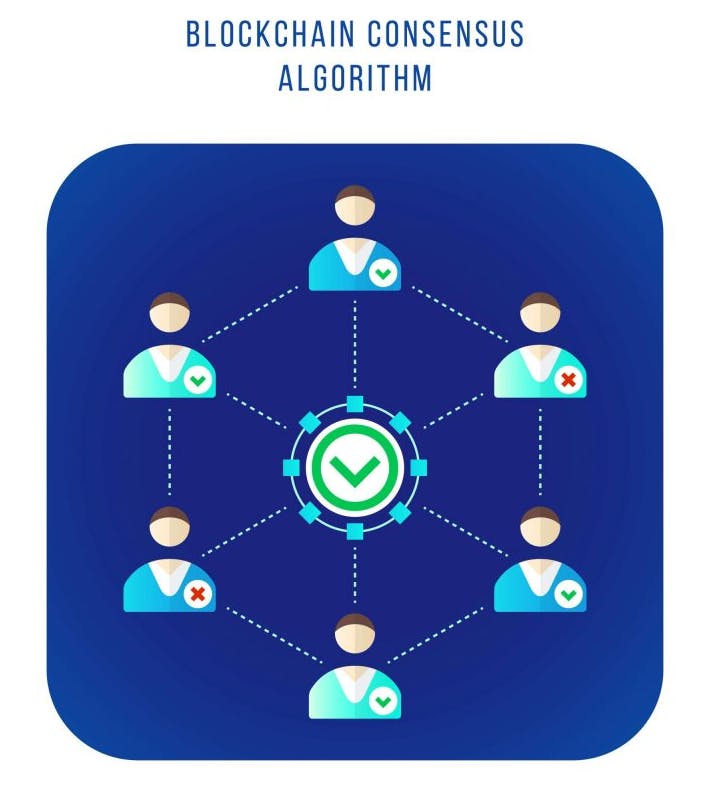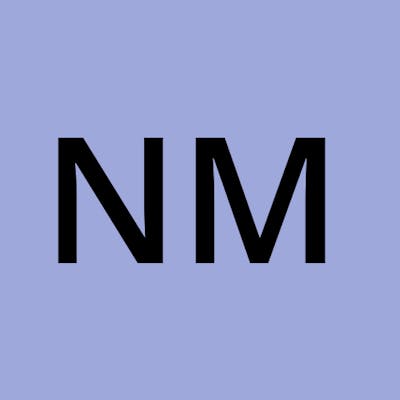What is the consensus mechanism used in Shardeum?

Shardeum is a blockchain platform designed to provide secure, fast, and efficient transactions. The platform is built using a decentralized architecture, which means that there is no central authority controlling the network. Instead, transactions are validated by a consensus mechanism that ensures the security and integrity of the blockchain.
The consensus mechanism used in Shardeum is a combination of Proof of Stake (PoS) and Proof of Quorum (PoQ). This mechanism is designed to ensure that the network is secure, efficient, and transparent.
Proof of Stake (PoS)
Proof of Stake is a consensus mechanism used by many blockchain platforms. In PoS, validators are selected based on their ownership or stake in the native cryptocurrency. The more cryptocurrency a validator owns, the higher their chances of being selected to validate the next block in the blockchain.
The main advantage of PoS is that it is energy-efficient compared to other consensus mechanisms like Proof of Work (PoW). PoW requires a lot of computational power to validate transactions, which makes it expensive and energy-intensive. PoS, on the other hand, only requires validators to hold a certain amount of cryptocurrency, making it more accessible and cost-effective.
In Shardeum, PoS is used to select validators based on their stake in the native cryptocurrency. The validators with the highest stake are more likely to be selected to validate the next block in the blockchain. This incentivizes validators to act in the best interest of the network, as they stand to gain more by maintaining its integrity.
Proof of Quorum (PoQ)
Proof of Quorum is a consensus mechanism that requires a minimum number of validators to participate in the validation process. A quorum is a minimum number of validators required for the validation process to proceed. PoQ ensures that there are enough validators participating in the consensus process to maintain the security and integrity of the blockchain.
In Shardeum, PoQ is used to ensure that there are enough validators participating in the validation process. Validators are chosen based on their stake and reputation in the network. Once the validators are selected, they form a quorum, and transactions are validated by a certain percentage of the validators in the quorum.
The combination of PoS and PoQ ensures that the Shardeum network is secure and that transactions are processed efficiently. The PoS mechanism incentivizes validators to act in the best interest of the network, while the PoQ mechanism ensures that there are enough validators participating in the validation process to maintain the integrity of the blockchain.
Advantages of the Shardeum Consensus Mechanism
The consensus mechanism used in Shardeum has several advantages over other consensus mechanisms, including:
Scalability: Shardeum's consensus mechanism is highly scalable, which means that it can handle a large number of transactions per second. This makes Shardeum suitable for high-volume applications like payments and finance.
Speed: The Shardeum consensus mechanism is fast, which means that transactions can be processed quickly. This is important for applications that require near-instantaneous transactions.
Security: The combination of PoS and PoQ ensures that the Shardeum network is secure and that transactions are processed with integrity. The validators are incentivized to act in the best interest of the network, which ensures that the network is not compromised.
Decentralization: Shardeum's consensus mechanism is highly decentralized, which means that there is no central authority controlling the network. This makes the network more transparent and democratic, as the validators are chosen based on their reputation and stake in the network.
Energy Efficiency: The Shardeum consensus mechanism is energy-efficient, which means that it requires less computational power than other consensus mechanisms like PoW.
Accessibility: The Shardeum consensus mechanism is accessible to a wide range of users, as it only requires validators to hold a certain amount of cryptocurrency. This makes it more inclusive and democratic, as anyone can participate in the network as a validator.
Flexibility: The Shardeum consensus mechanism is flexible, which means that it can be adapted to different use cases and applications. The combination of PoS and PoQ allows the network to be customized based on the needs of the users.
Incentives: The Shardeum consensus mechanism provides incentives for validators to act in the best interest of the network. Validators are rewarded for their participation in the network, which encourages them to maintain its integrity.
Overall, the Shardeum consensus mechanism is designed to provide a secure, efficient, and transparent network for transactions. The combination of PoS and PoQ ensures that the network is scalable, fast, and secure, while also being accessible and flexible. The incentives provided to validators encourage them to act in the best interest of the network, which helps maintain its integrity and security.
Conclusion
The consensus mechanism used in Shardeum is a combination of Proof of Stake and Proof of Quorum. This mechanism is designed to ensure that the network is secure, efficient, and transparent. PoS is used to select validators based on their stake in the native cryptocurrency, while PoQ ensures that there are enough validators participating in the validation process.
The Shardeum consensus mechanism provides several advantages over other consensus mechanisms, including scalability, speed, security, decentralization, energy efficiency, accessibility, flexibility, and incentives. These advantages make Shardeum a reliable and efficient platform for transactions, making it suitable for various applications and use cases.
Overall, the Shardeum consensus mechanism is a crucial component of the platform's architecture, ensuring that the network is secure, efficient, and transparent. With the combination of PoS and PoQ, Shardeum provides a reliable and accessible platform for transactions, which can be adapted to different use cases and applications.
References: Shardeum FAQ
